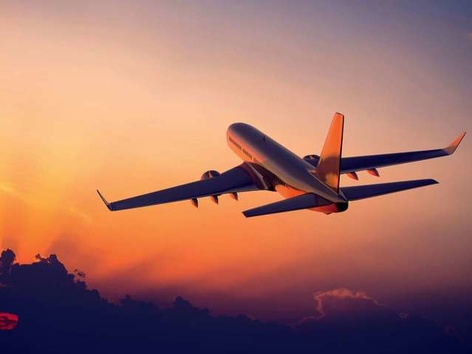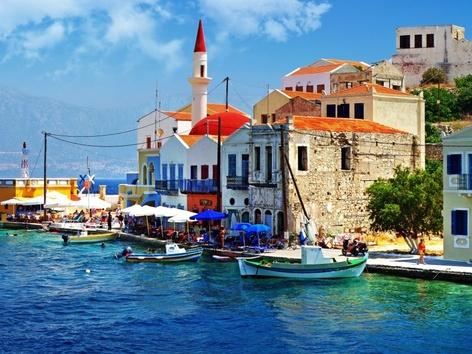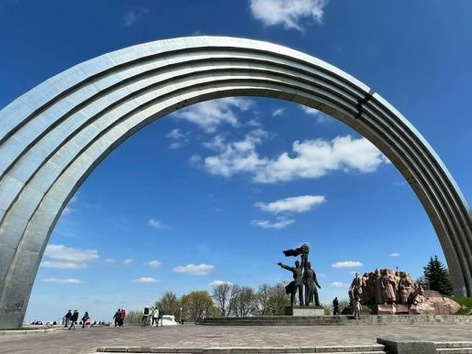
The folk name of one of the most notable sculptural compositions in Kyiv is quite eloquent: "The yoke". The Arch of Friendship of Peoples (the Ukrainian and Russian ones) in Kyiv has been one of the subjects of public discourse in the framework of decommunization for many years. Especially since the beginning of Russia's open military aggression - the annexation of Crimea and the conquest of Donbas.
Finally, on April 26, Kyiv Mayor Vitaliy Klitschko reported in Telegram on the successful dismantling of one part of the infamous building. Read more about this landmark event, what this "monument" actually is, how it appeared in our city and what cultural events were connected with it.
Historical and cultural background
The Arch of Friendship of Peoples was built in 1982 in Kyiv’s Khreshchaty Park in honor of the unification of Ukraine with Russia. The event was included in a number of events to celebrate the 1500th anniversary of the city.
In fact, it is a complex of buildings: actually, a titanium arch, under it - figures of a Ukrainian and a Russian holding a ribbon with the Order of Friendship of Peoples (bronze), and also - a multi-figure composition with Bohdan Khmelnytsky and Vasyl Buturlin (granite), signatories of the Pereyaslav agreement (the agreement marked the beginning of the historical enslavement of Ukraine by Russia). Around the monument there is an amphitheater square. Oleksandr Skoblikov was chosen as a sculptor, and Serhiy Myrhorodsky, Igor Ivanov and Konstantin Sidorov were chosen as architects. The highest point of the arch is 35 meters. It's visible, after all, from everywhere.
In the 70s of the last century, this place included a summer stage (moved later to Mariinsky Park), a ferris wheel and a platform overviewing a magnificent panorama of Kyiv. The platform, by the way, remained - it was just moved a little farther. Before then, in the 18th century, on the outskirts of the Palace Garden (now - Mariinka) there had been a budget equivalent of "water treatment" - an institution of artificial water. In 1880, the place from the current European Square to the slopes was leased by the Kyiv Merchants' Assembly, that built the Merchants' Club (now the Philharmonic) and a garden around it, called the Merchants' one. The Summer Theater, which featured such famous Ukrainian actors as Zankovetska, Kropyvnytskyi and Sadovskyi, appeared here at that time. Musicians would play in the garden, there were lush flower beds and a statue of Apollo.
The revolutionary vortex dematerialized the merchants, the theater, and the Apollo. The park was renamed as Proletarsky one, and later, in the 1930s, Pioneer one. They opened the Palace of Pioneers in the Merchants' Club and built pavilions around it: agricultural, technical, military.ones. Mandatory attributes of Soviet pioneering appeared - a bizarre fountain "Children are drenched in water", statues of teenagers with pioneer fireworks and a horn. There was a real cult figure - the fountain "Elephant". A very funny one, the hero of many movies shot in Kiev. The elephant did not survive the 60's - the park was remodeled.
Interesting facts and the present of the monument
In addition to the "yoke", Kyivans, well-known fans of poke fun at any occasion, called the Arch of Friendship of Peoples a "rainbow", a "monument to a cyclist", and an "arc". In general, the favorite pastime of the townspeople was to tell the guests of Kyiv that, in fact, it is not an arc, but a circle, but half of it is buried underground, and a car is moving inside, but you can only get there with special passes… By the way, the bronze " workers " got laid out. Especially the "Russian", because our "Ukrainian" is in an embroidered shirt, and the other one is in a jacket on his naked body, because he allegedly drank his shirt away…
After the start of the war in the East, the inscription in bronze letters was knocked down and painted with paint, depicting the national flag and the slogan: "Glory to Ukraine". Granite neighbors also got into trouble: someone knocked off Buturlin's nose. So to speak, so he wouldn't poke it into someone else's business…
In 2017, during the Kyiv Eurovision Song Contest, the arch was painted in rainbow colors. Such a subtle trolling of Russia, known for its homophobia. And in 2018, human rights activists and artists opened the installation "Crack of Friendship": an action of solidarity with Oleg Sentsov and other Russian political prisoners of Ukrainian origin, hostages of the Kremlin.
What is happening to the "Arch" now?
According to preliminary data, the arch is going to be renamed as the "Arch of Freedom of the Ukrainian People" and blue and yellow lighting will be organized. This is what is known so far, because many cool projects are already circulating on the Internet: from the arch smashed in half by a rocket being stuck in the ground, to the excavation of all the fighters for Ukrainian freedom by name. From the heroes of the OUN-UPA and Kruty's Fight to those who are currently dying at the hands of the enemy on the Ukrainian soil. There are even plans to demolish everything and build the church in memory of all the victims, or carefully dismantle it and move it to another location by organizing a museum of Russian terror in Ukraine.
Or to rebury many prominent Ukrainians and make a cemetery in honor of them.
In short, there are many ideas, and it is not necessary to be a modern Nostradamus to predict the long-standing public debate about the future of this monument. Ugly, painful and completely unnecessary one in the form in which it currently is.
And recently the guys with the Order, who were mentioned at the beginning, have been promptly removed on April 26, 2022, and the dismantling was marked by such a very symbolic detail: the Russian lost his head in the process… They say it's a good sign. As for the granite "signatories", they will be covered with finishing materials - it is too difficult to clean right now. However, Klitschko promised that they would be removed by all means.
Recommended articles
2 min
Für Flüchtlinge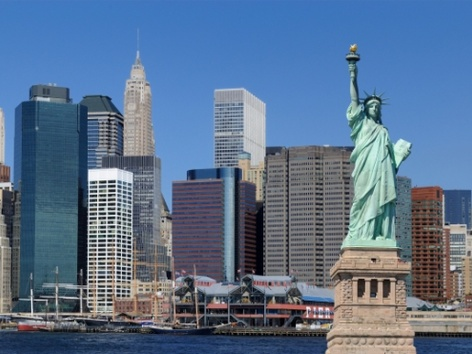
2 min
Für Flüchtlinge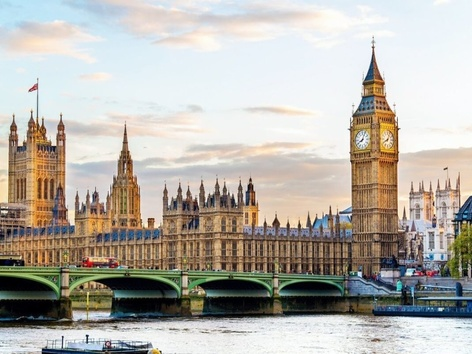
1 min
Für Flüchtlinge